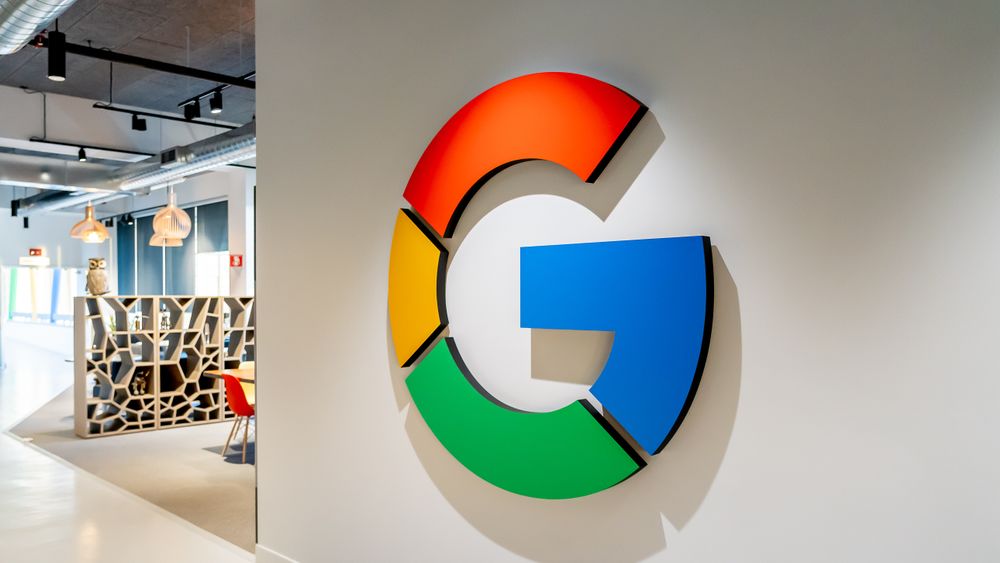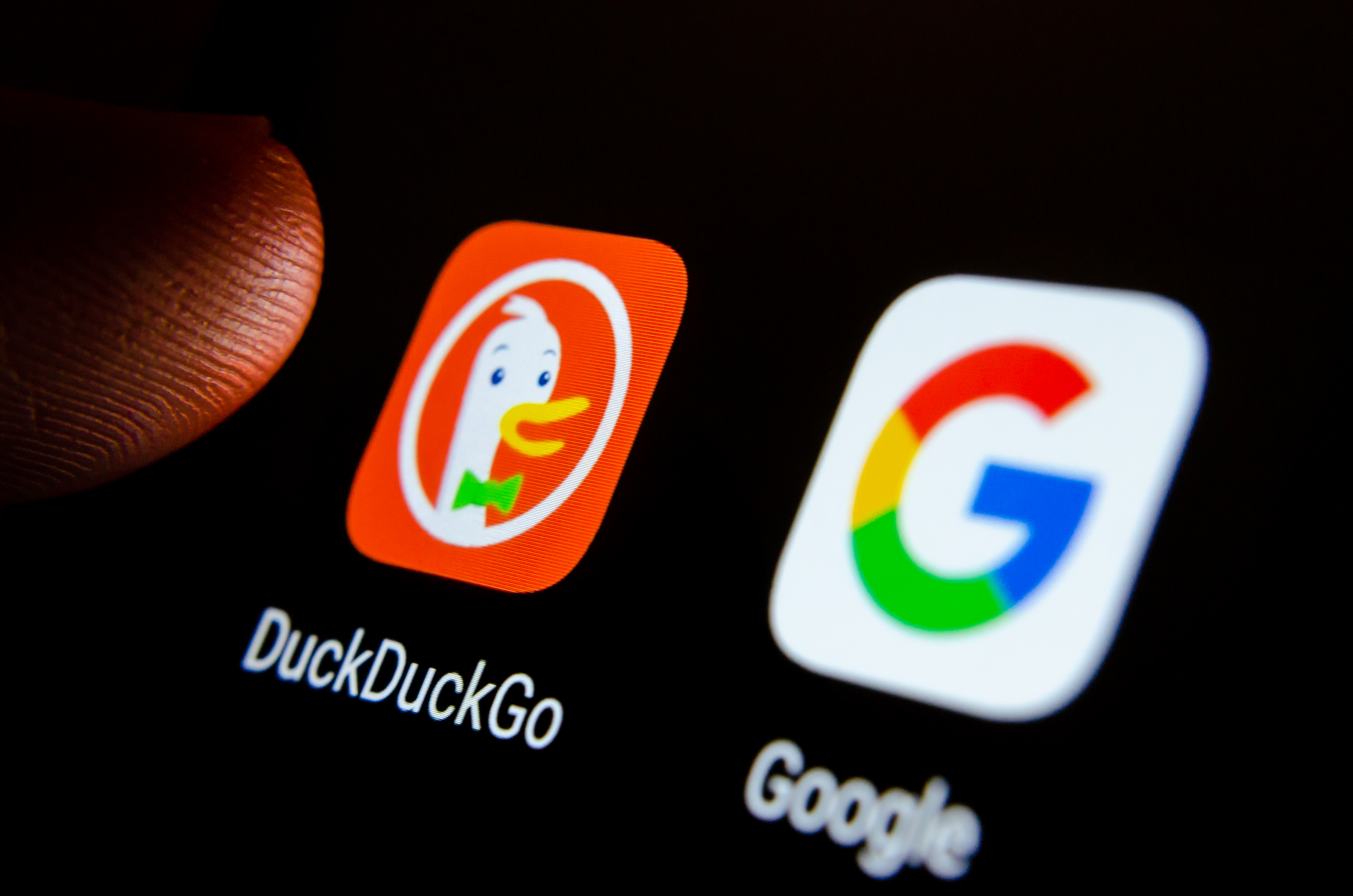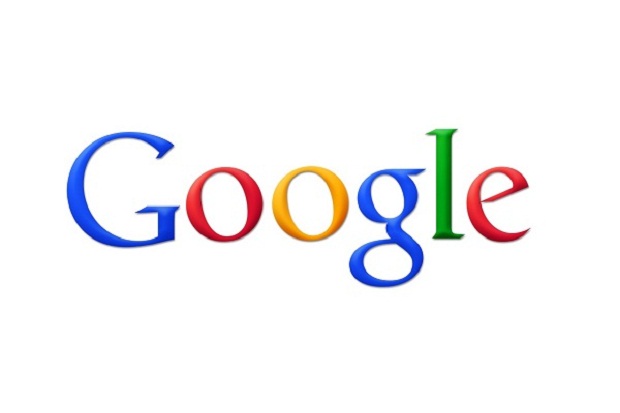Microsoft takes on Google with new Bing search engine
Previously code-named ‘Kumo,’ Microsoft’s new search will takeover from its Live Search brand.


Microsoft has finally unveiled its new search engine, dubbed Bing'.
Formally code-named "Kumo," the new search tool will replace Microsoft's Live Search. It will eventually roll out over the next few days as a beta in the UK, and go worldwide by 3 June, Microsoft said.
Microsoft is the latest to attempt to innovate in the search market, following the launch of Wolfram Alpha last week. The launch of Bing will likely lead pundits to ponder if Bing will be the one to knock Google off its perch, but Microsoft has said it's actually gunning for second place - the spot currently held by former acquisition target Yahoo.
Microsoft noted its latest weapon in the battle with Google wasn't a fully featured release, but just a beta. It said the "full proposition" would continue to be developed over the next six to 12 months in London, at Microsoft's new Search Technology Centre which employs about 60 people.
Paul Stoddart, UK search lead at Microsoft, said in a statement: "Many people believe Search today is a great tool, but as the internet continues to develop and grow then the search category requires constant innovation to allow consumers to make sense of the web."
That said, Bing does of course offer new features above Live Search. Bing includes more relevant information on the search results page itself, and sorts them into categories. It also includes partnerships with shopping and travel sites, including recent acquisition comparison site Ciao, Microsoft said.
The main page is the very opposite of Google's stark search engine. Bing features massive photo backdrops targeted by geography and even the latest news.
Get the ITPro daily newsletter
Sign up today and you will receive a free copy of our Future Focus 2025 report - the leading guidance on AI, cybersecurity and other IT challenges as per 700+ senior executives
In what could be seen as a dig at leading rival Google, Stoddart said: "The major search engines were developed over a decade ago and we believe the category is still in its infancy."
"In 1997, there were only 100,000 websites compared with over 160 million worldwide today, so it's important to challenge and evolve the search market and to make it as easy and relevant as possible for today's consumers," he added. "There is much more that people can and should expect from their search service."
Speaking at a conference in California, Microsoft's chief executive Steve Ballmer said: "We want to do better."
Ballmer went on to explain why the odd name Bing was chosen. "The name is short, it's easy to say, it works globally."
Click here to read about the history of the search engine.
Freelance journalist Nicole Kobie first started writing for ITPro in 2007, with bylines in New Scientist, Wired, PC Pro and many more.
Nicole the author of a book about the history of technology, The Long History of the Future.
-
 Should AI PCs be part of your next hardware refresh?
Should AI PCs be part of your next hardware refresh?AI PCs are fast becoming a business staple and a surefire way to future-proof your business
By Bobby Hellard Published
-
 Westcon-Comstor and Vectra AI launch brace of new channel initiatives
Westcon-Comstor and Vectra AI launch brace of new channel initiativesNews Westcon-Comstor and Vectra AI have announced the launch of two new channel growth initiatives focused on the managed security service provider (MSSP) space and AWS Marketplace.
By Daniel Todd Published
-
 Google looks to shake up the way the tech industry classifies skin tones
Google looks to shake up the way the tech industry classifies skin tonesNews The tech giant is pursuing better ways to test for racial bias in tech products
By Mike Brassfield Published
-
 DuckDuckGo vs. Google: Privacy or popularity?
DuckDuckGo vs. Google: Privacy or popularity?Vs Google may reign as king, but it’s not the only option in the world of search
By Sarah Brennan Published
-
 Google's top 2014 search trends revealed
Google's top 2014 search trends revealedNews Google 2014 trends have been unveiled, and include the year’s biggest sporting events, tech releases, cat stats and more
By Caroline Preece Published
-
 Google right to be forgotten rule extends to Bing & Yahoo
Google right to be forgotten rule extends to Bing & YahooNews The EU’s controversial right to be forgotten ruling against Google will now also apply to Yahoo and Bing
By Caroline Preece Published
-
 Google declares Amazon its biggest search rival
Google declares Amazon its biggest search rivalNews Google has dubbed Amazon its biggest rival above other traditional search engine companies
By Caroline Preece Published
-
 EU demands more concessions from Google over search dominance
EU demands more concessions from Google over search dominanceNews Google gets another chance to end probe
By Rene Millman Published
-
 UK demands EU drops right to be forgotten law
UK demands EU drops right to be forgotten lawNews The government has asked for the right to be forgotten law to be removed from new European Union data protection laws
By Clare Hopping Published
-
 Google gets over 1,000 requests to takedown links
Google gets over 1,000 requests to takedown linksNews ECJ ruling sees demand from paedophiles, stalkers and attempted murderers to remove links about them
By Rene Millman Published